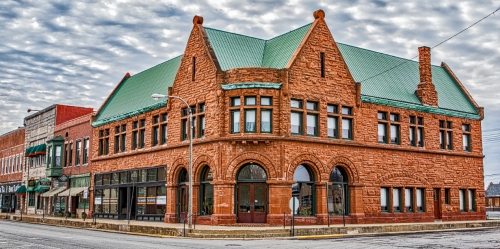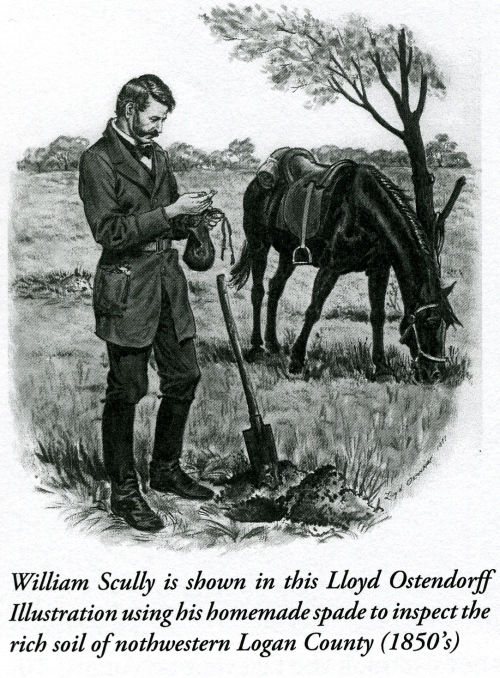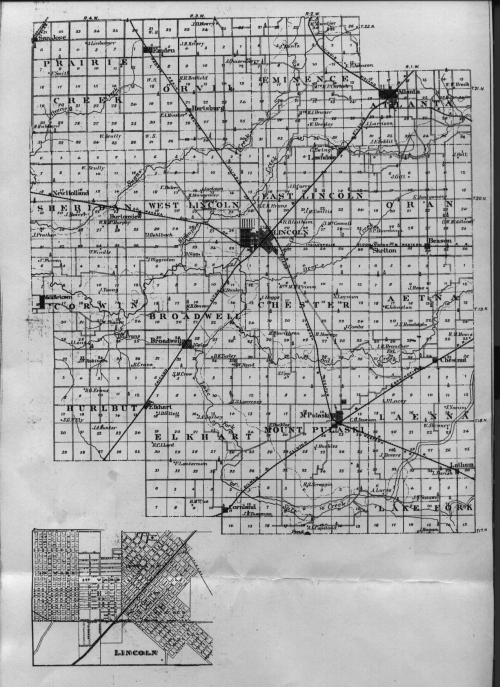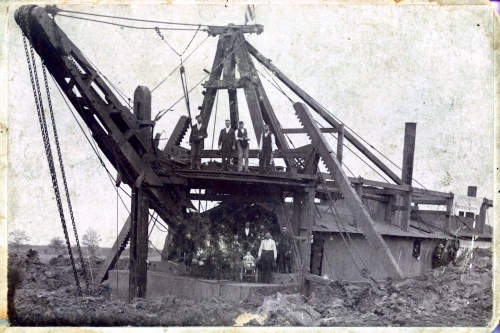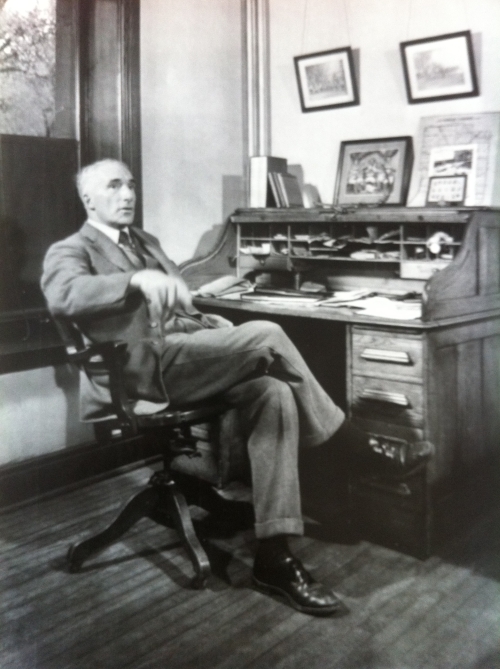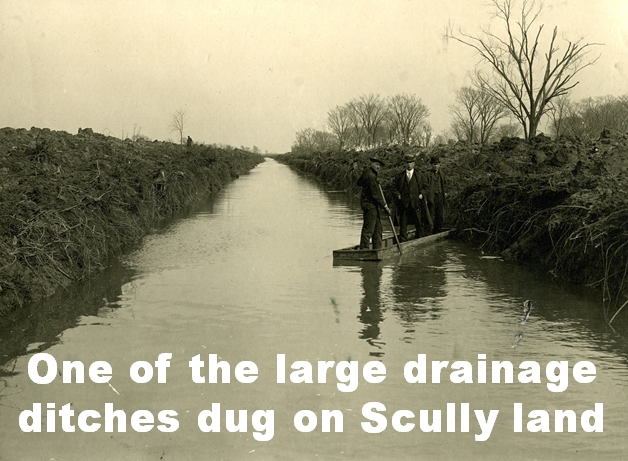|
“The Scully Family – Farming the Prairie” The final Elkhart Historical Society dinner/lecture of 2011 was on November 4 at The Wild Hare Café in Elkhart, IL. Professor Emeritus, Paul Beaver of Lincoln College, local author and historian, was the featured speaker. Many know Beaver as a nationally recognized authority on Abraham Lincoln, but his knowledge of another local individual, William Scully, was the focus of his November presentation. He is the author of “William Scully and the Scully Estates of Logan County, Illinois.” Beaver’s early research explored the vast farmland holdings of the Scully family in Illinois and other parts of the mid-west. William Scully immigrated from Ireland twice, the first time with intentions of raising sheep like his family and his fellow Irish landowners had done for years - for centuries. However, the land was not conducive to raising sheep, especially with the preponderance of hungry wolves. He returned to Ireland to recoup his earnings, while working on a plan for crop & cattle raising. He traveled to England to attend college instruction on agriculture, then returned for his second attempt to make his fortune in the larger and more wide-open spaces of America. He started buying Federal lands in 1850. By mid-1851 he owned about 28,000 Logan County acres and a few in Tazewell County. By 1888, he had nearly 30,000 in Logan, 600 in Tazewell, 8400 in Grundy, 400 in Will and 10 acres in Mason Co. Sometime between 1875 and 1887 he had bought over 12,000 acres "from private sellers" in Logan, Sangamon and Tazewell. Paul Beaver, in his treatise: William Scully and the Scully estates of Logan County, Illinois, writes that Scully bought much of his land from Civil War Veterans ("private sellers") who lived out of state and cared less about moving to Illinois where their land grants were given in promissory notes from the Federal government for their service in the war. However, much of this land in Central Illinois was swampy or forested, which Scully began clearing and dredging arduously with a team of surveyors, lumbermen and dredgers. Scully began to drain his Illinois prairie land around 1870, using big open ditches similar to the type he was familiar with in Ireland. He was the first to use a drainage system in Logan County, and Scully tenant farmers were able to get into their fields two weeks earlier than the other farmers as a result. His son, Thomas, continued the vast drainage system, enlarging and maintaining by adding grass waterways, small dams and promoting conservation and improvement of the soil. Paul has authored several other books, one being his 2010 Abraham Lincoln in Logan County, Illinois 1834-1860. Paul's latest endeavor, The Last Farm Boy (2011) will be the subject of an up-coming Elkhart Historical Society dinner/lecture.. |
